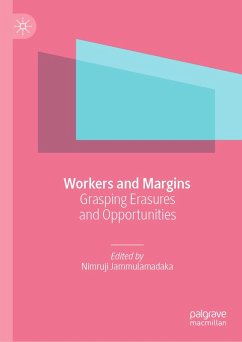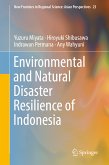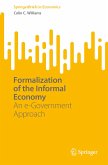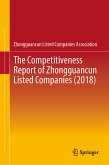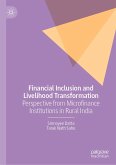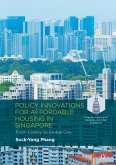The book draws attention to the mechanisms of erasure implicit in disciplinary and governmental practices that allow the worker to remain invisible. By making the worker visible, it seeks to go beyond economistic and psychological approaches to work(ing) to understand the worker as a human being, with all the complexity, vulnerability and agency that status implies. Further, it seeks to go beyond worker victimhood to gather narratives of workers' worlds and the possibility of alternate worlds.
The contributing authors bring together diverse perspectives from fields including industrial relations, environment, displacement, collective action, livelihoods, rural development, MSMEs, organisational behaviour and entrepreneurship to present a textured and multidimensional view of workers and their worlds.
Dieser Download kann aus rechtlichen Gründen nur mit Rechnungsadresse in A, B, BG, CY, CZ, D, DK, EW, E, FIN, F, GR, HR, H, IRL, I, LT, L, LR, M, NL, PL, P, R, S, SLO, SK ausgeliefert werden.

